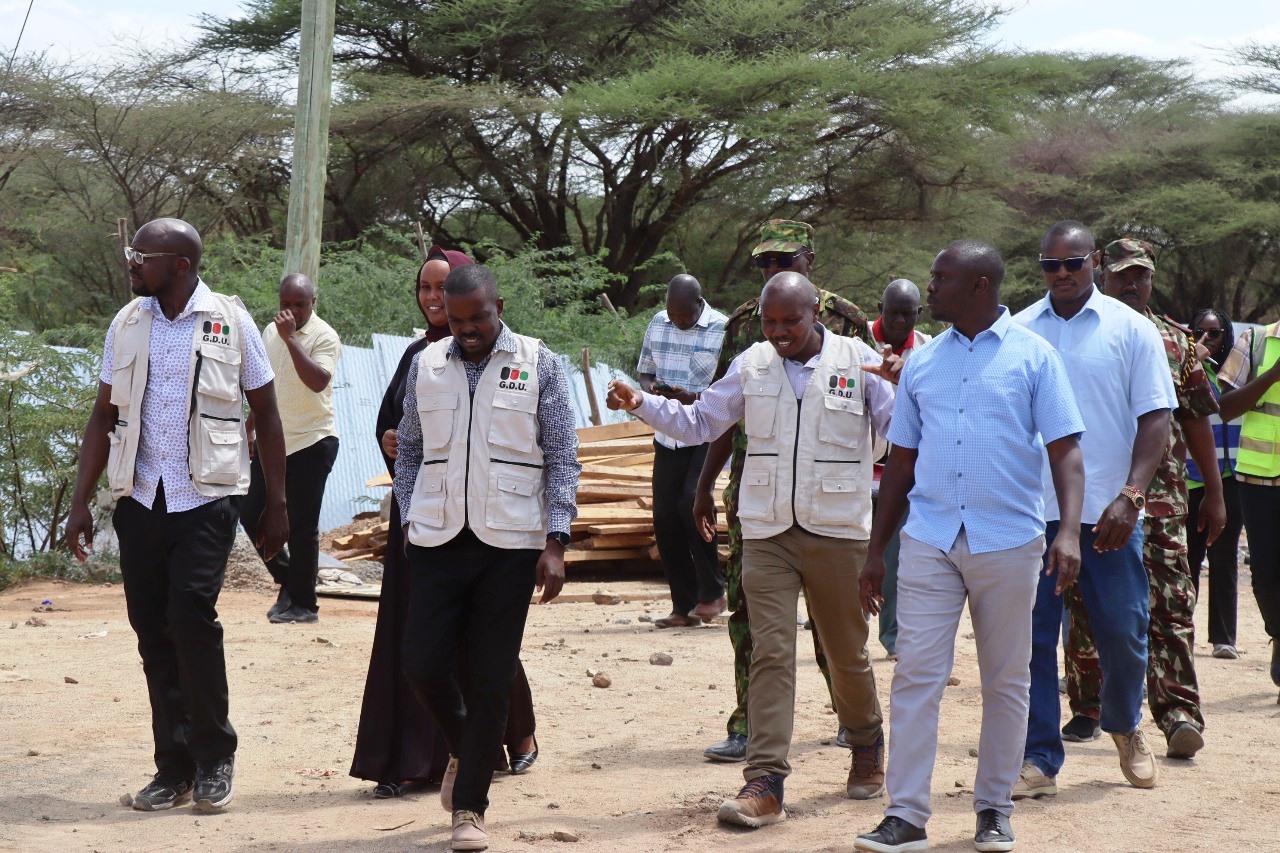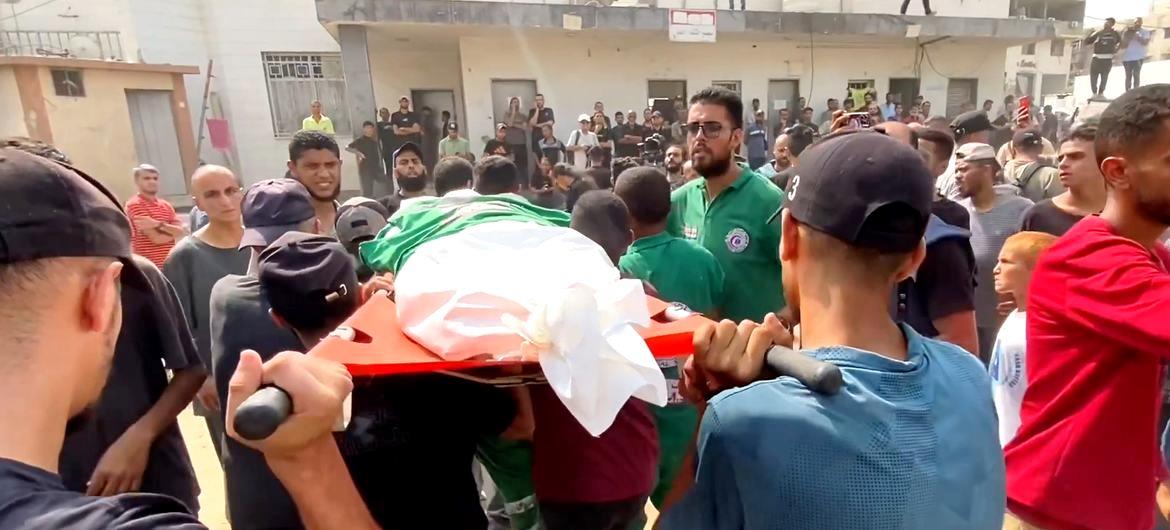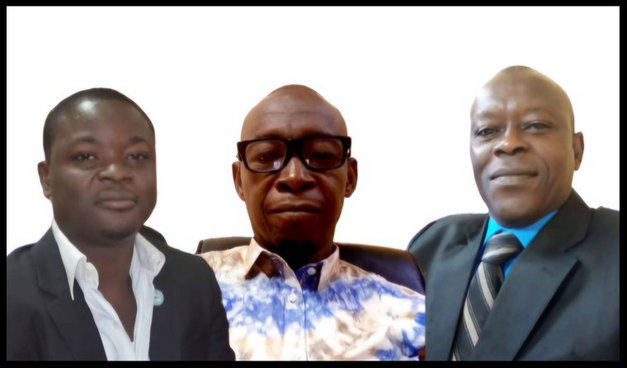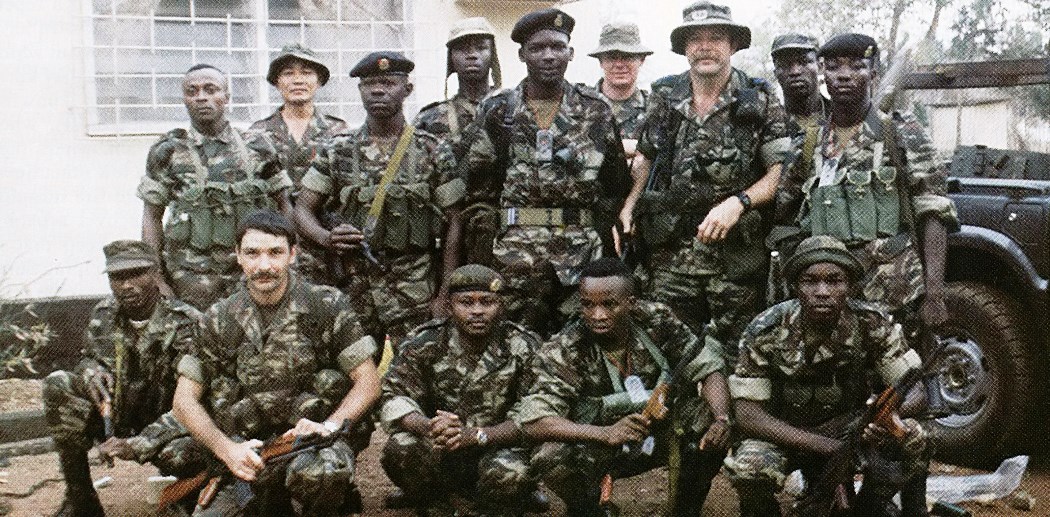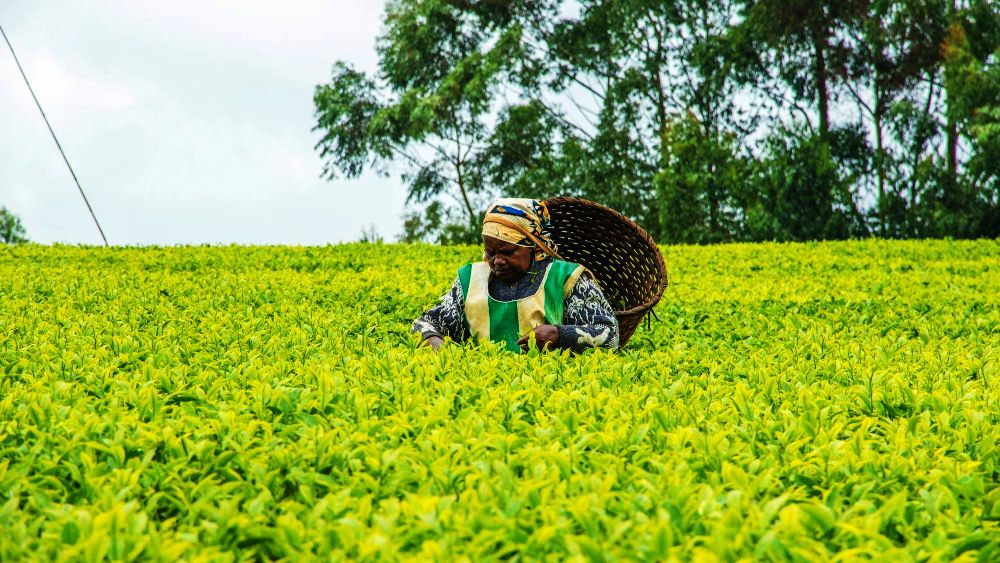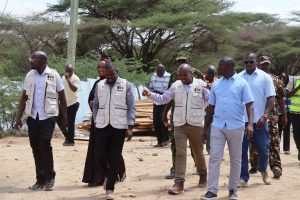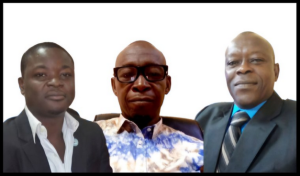Mourners carry the body of a journalist killed in an Israeli airstrike on Gaza on August 10, 2025. PHOTO/UN
By PATRICK MAYOYO
As the world mark International Day to End Impunity for Crimes Against Journalists today, the United Nations says while journalists risk their lives everyday day to report major events around the globe, most attacks against them go unpunished.
The United Nations is now calling for justice for those journalists who have been silenced, and protection for those still speaking truth to power, whether in conflict zones or in the online spaces where abuse is spreading fast.
“Media professionals around the globe face mounting perils in their pursuit of truth – including verbal abuse, legal threats, physical attacks, imprisonment, and torture. Some are even killed,” UN Secretary-General António Guterres said in his message marking the day.
“Worldwide, nearly nine out of ten journalist killings remain unresolved.” He noted that Gaza has been “the deadliest place for journalists in any conflict”, urging “independent and impartial investigations.”
Mr. Guterres warned that impunity “is not only an injustice to the victims and their families – it is an assault on press freedom, an invitation to further violence, and a threat to democracy itself.”
He called on all governments to “investigate every case, prosecute every perpetrator, and ensure that journalists can do their jobs freely everywhere.”
The UN culture and education agency UNESCO, which leads global efforts to defend press freedom, is spearheading this year’s campaign focused on the growing use of digital technology to target women journalists.
Under the theme Chat GBV: Raising awareness on AI-facilitated gender-based violence against women journalists, UNESCO warns that the rise of generative artificial intelligence has amplified the reach and impact of online abuse.
“When an AI-generated deepfake of a woman journalist goes viral, it’s not just her image that is attacked – it is her credibility, safety, and voice,” the agency said.
Such attacks are part of what experts call Technology-Facilitated Gender-Based Violence, a growing form of harassment designed to silence, humiliate and discredit women in the media.
UNESCO’s The Chilling study revealed that 73 per cent of women journalists have faced online threats, and one in four has experienced offline attacks as a result.
More broadly, 58 per cent of young women and girls globally have suffered harassment on social media platforms, underscoring the scale of the problem.
“Digital spaces must be made safe for those who gather and report the news,” said the Secretary-General. “When journalists are silenced, we all lose our voice.”
The message from the UN and working journalists is clear: justice for crimes against them simply for doing their jobs must be non-negotiable, and digital spaces must be reclaimed from those who weaponise technology to spread fear and hate.
Find out more about the UN’s efforts here and UNESCO’s global campaign here
